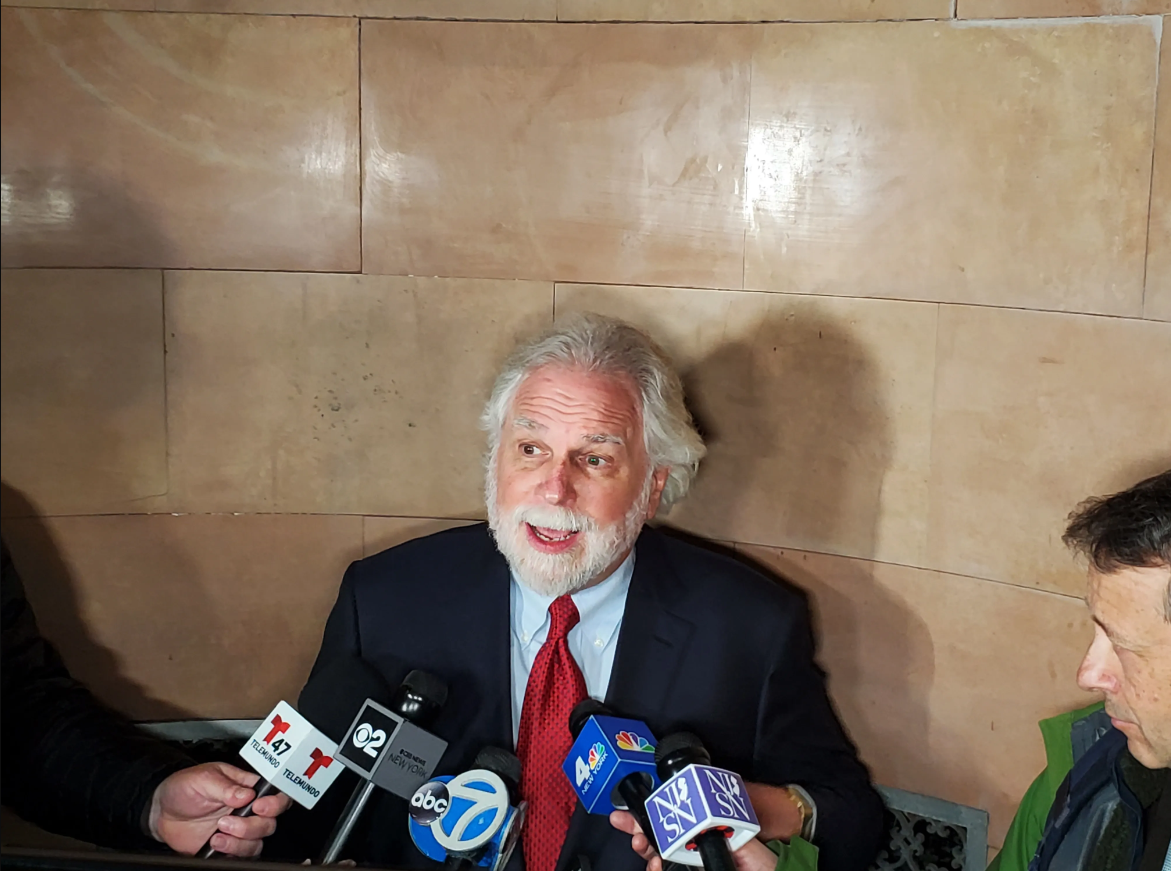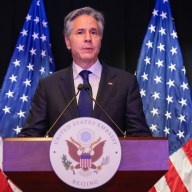By David DeKok
HARRISBURG, Pa. (Reuters) – Authorities have filed a driving-under-the-influence charge against a Pennsylvania man who helped get tougher laws passed after his young son was killed by a driver who fled the scene to avoid an alcohol check. Dr. Stephen Miller, 40, a dentist from Dallas, Pennsylvania, about 30 miles west of Scranton, is due in court on Aug. 17 to face charges he had a blood alcohol count more than twice the legal limit, Pennsylvania State Police said on Wednesday. He was arrested on June 12 after a trooper observed him driving late at night without his car headlights on, police said. The charges against him were delayed until Tuesday.
Miller and his wife, Caroline, became advocates for tougher penalties for leaving the scene of a fatal accident after their 5-year-old son, Kevin was struck and killed by a driver while holding his father’s hand as the family crossed a street in Wilkes-Barre after aChristmas party in 2012. Bystanders chased the car but the driver, Thomas Letteer Jr., then 22, fled and remained at large for several days. By law, police have a two-hour window for completing blood alcohol tests.
As a result, authorities said, Letteer was charged with leaving the scene of a fatal accident, but escaped a drunken driving charge. After pleading guilty in 2014, Letteer is serving a two- to five-year prison sentence. A state law endorsed by the Millers and known as “Kevin’s Law” took effect in 2014. It attempted to eliminate the “drunken driving loophole” by raising the mandatory minimum sentence for fleeing the scene of a fatal accident to three years, more than the combined minimums for homicide by vehicle and drunken driving. Miller is charged with endangering the welfare of children because his two surviving children – including Kevin’s twin – were in the car with him.
Neither Miller nor his lawyer could be immediately reached for comment.
(Editing by Barbara Goldberg and Bill Trott)


















